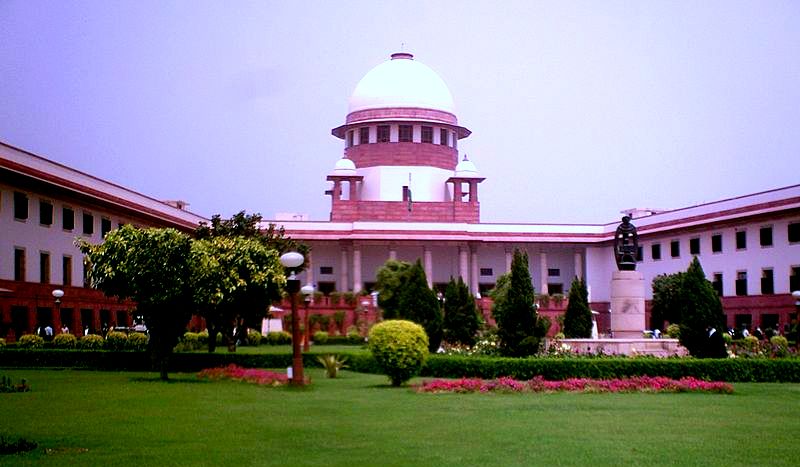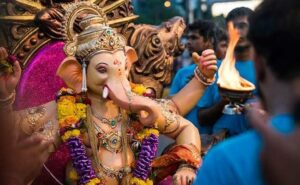SC Overturns 2004 Ruling: States Can Now Sub-Classify SCs Based on Discrimination Levels

New Delhi, 1st August 2024: On Thursday, the Supreme Court ruled that Scheduled Castes (SCs) are not a uniform group, allowing governments to sub-classify them to better target reservations based on varying degrees of discrimination experienced within the SC community. This decision overturns the 2004 SC judgment in the Chinnaiah case, which had previously ruled against the sub-classification of SCs.
The bench, which included Chief Justice of India (CJI) and Justices B.R. Gavai, Vikram Nath, Bela M. Trivedi, Pankaj Mithal, Manoj Misra, and Satish C. Sharma, determined that states can sub-classify SCs based on empirical data about their representation in government jobs and educational institutions. This move aims to provide a greater share of the 15% reservation to those within the SC category who face the most severe discrimination.
While the seven-judge bench issued six opinions supporting this approach, Justice Trivedi provided the sole dissenting view. She argued that once a caste is designated as SC through a Presidential notification, it should be considered a homogenous group and further sub-classification is inappropriate.
The Supreme Court clarified that no SC caste should be entirely excluded from quota benefits under the pretext of prioritizing reservations for underrepresented groups. The court had reserved its judgment on February 8 regarding appeals to review the E.V. Chinnaiah ruling, which had previously affirmed that SC communities, despite their varying experiences of ostracism and discrimination, were considered a homogeneous class incapable of further sub-categorization.





